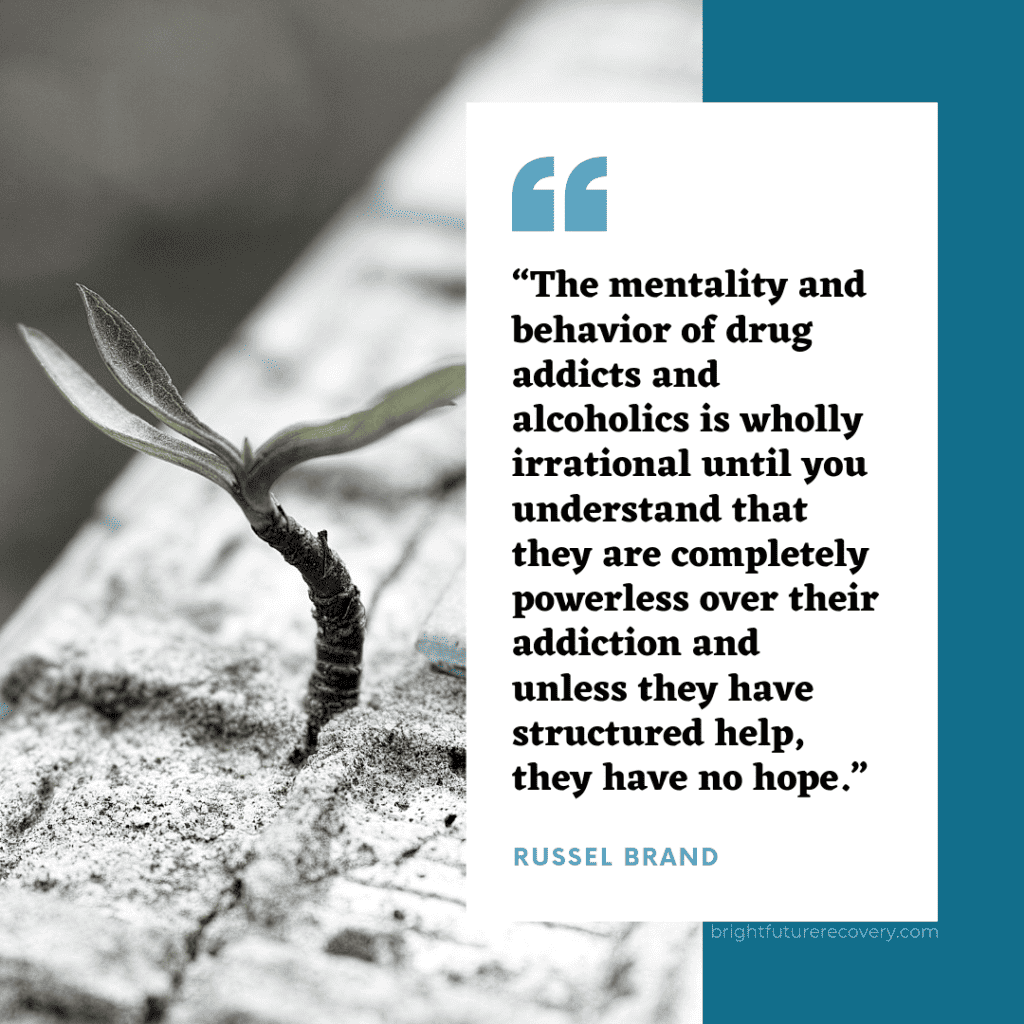Throughout their lives – more significantly, throughout the lives of their children – parents feel a series of burdens and responsibilities directly related to the choices they make regarding their children. If you’re a good parent, you want your child to remain safe, and many of the choices you made during their formative years involved their continued health. You also want your child to be happy, and you directed many of the other decisions you’ve made over the years at actions that would make your children happy in one way or another.
The vast majority of parents do their best to make decisions to keep their children safe, healthy and happy. However, when the child becomes old enough to make those decisions on their own, all your efforts can seem to go by the wayside. Sometimes, poor decisions by your child can leave you wondering what you could have done differently to prevent their situation.
In This Post You Will Find:
- What Can You Do If Your Child Is Addicted?
- Tips For Parents
- What If My Child Refuses Treatment?
- How Do I Find A Treatment Center?
- Remember To Care For Yourself
What Can You Do?
If your child is addicted to a substance, you may be wondering how you could have prevented their addiction and what you can do now to help them end it. Unfortunately, it isn’t that easy – you can’t parent your child into recovery any more than you parented them into addiction. The only person who can change the behavior of an addicted individual is that individual.
However, what you can do is address your own behaviors and way of thinking in order to improve your relationship as you move forward. Reflecting on your own behavior can improve your ability to do what you can to support your child in their treatment and recovery.
Learn About Our Addiction Rehab for Teen Drug Abuse
Tips For Parents Of Children Suffering From Addiction
It’s important to keep in mind that aspects of your relationship with your child have changed, as have your family dynamics. Consider these tips when approaching a relationship with an addicted child:
Admit That A Change In Family Dynamics Has Occurred
Fretting over past decisions and the “should’ve, could’ve, would’ve” factors relating to your child’s addiction can often serve as a distraction from the current reality. The fact is, your child has made a series of choices that have now culminated in their addiction to a substance, and that addiction has affected your relationship and your family dynamics as a whole.
While you can’t change how you responded to the situation initially, you can use knowledge of your current relationship with your child to ensure that you maintain open communication now. Ask questions and actively listen to your child’s responses, using past instances where communication has failed to inform the communication styles that work best for your family.
Realize You Can’t Parent Your Child Out Of Addiction
While you can recognize things are not the same and change the way you respond to your child and the ways you react to their addiction, you cannot fix their addiction with your parenting choices. Grounding your child, imposing a strict curfew, or any combination of parenting methods – regardless of their level of developmental appropriateness – will not aid your child in recovery. In truth, continued focus on punishment of negative behaviors could lead to your child’s guilt, shame, and further isolation.
Encourage Positive Steps
Once you’ve realized no action on your part will lead directly to your child’s recovery, it’s important to encourage any positive steps he or she takes towards approaching his or her own recovery. Make sure you note positive coping skills, and reassure your child you will be present and supportive in any positive recovery efforts they make.
Focus on your child’s importance to your family unit and their potential to once again be a fully functioning part of the family in order to encourage participation in a treatment program. Though you can’t parent your child out of addiction and take responsibility for their negative decisions, you can show support for the positive decisions they’re making.
Set Guidelines
Sit down with your child, if possible, and engage their help in crafting a set of guidelines related to their addiction that outlines what you both consider acceptable and unacceptable behaviors. Establishing clear, consistent rules and consequences for breaking them ensures you both know what to expect.
If possible, state these as a set of “if/then” statements. “If a rule is broken, then consequence A will happen.” There are no surprises, and you are more easily able to be consistent in your handling of broken rules. These guidelines are critical towards rebuilding the parent-child relationship.
Set Boundaries
As opposed to rules for your child, your own boundaries represent actions you will or will not take for your child. At this point, it’s critical to determine whether your actions will enable your child to continue in the addictive behavior. Are you willing to lie for your child, make excuses, take on the blame for their addiction, or otherwise reinforce their behavior, whether intentional or not? If so, you may be engaging in enabling behavior.
Set boundaries that communicate to your child the way you will treat them in order to reduce the effects of their addiction on your family. Do not allow their behavior to manipulate you into appeasing them just to reduce stress on the family. Your boundaries reinforce the fact that the responsibility for your child’s actions lies with them.
What If My Child Continues To Refuse Treatment?
As stated before, you can’t parent your child into choosing recovery. However, if opening up communication, setting rules, setting boundaries, and encouraging positive behavior haven’t spurred your child to seek treatment, another option is to take your child to a medical doctor to discuss the long lasting health effects of substance addiction. You may find your child more willing to listen to a professional’s analysis of testing unique to their situation.
In addition, a medical professional can help to alleviate some of the fear that goes along with detox and treatment. A physician can assure your child that any inpatient treatment will be handled in a medically safe environment with 24/7 access to physical and mental health help. Your child’s doctor can also suggest treatment options that may be preferable for his or her age category.
How Do I Find A Treatment Center?
If your child’s physician does not suggest an appropriate treatment center, look for a treatment program that caters to your child’s age group. Inpatient treatment centers offer a more medically based, full-scale response to addiction, while outpatient programs tend to focus on the psychological response to addiction. Whether the program is inpatient or outpatient, reassure your child that your family will continue to offer support as long as they are making steps toward recovery.
Resources should be available online or via your child’s mental health providers. In the meantime, consider asking your child to become involved in a group therapy session. Addiction can be extremely isolating, and reassuring your child they’re not alone in their addiction can be crucial.
Care For Yourself
Throughout your child’s addiction, one of the most important steps in maintaining life for you and the rest of your family is practicing adequate self-care. Make your own needs a priority and ensure you’re not experiencing burnout. Consider participating in group or individual therapy, and ensure you’re still participating in activities you enjoy. If your whole life intertwines with your child’s addiction, you risk failure if your child’s treatment is not successful.
For more information about practicing self-care or finding a treatment center appropriate for your child, contact your mental health provider or reach out to us at Bright Future Recovery.







